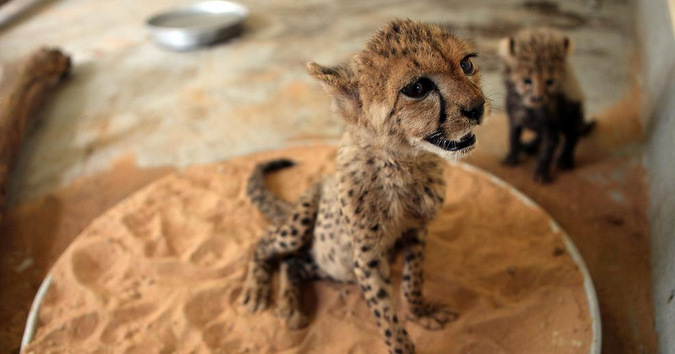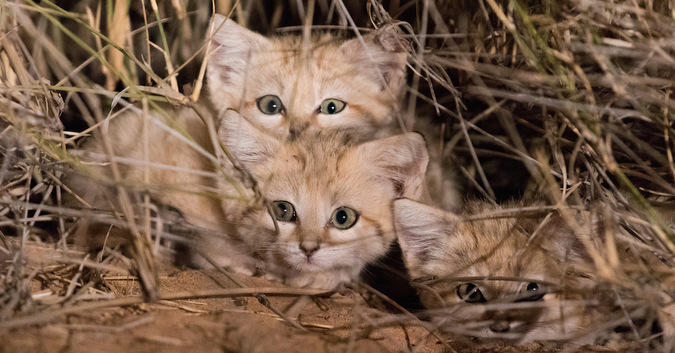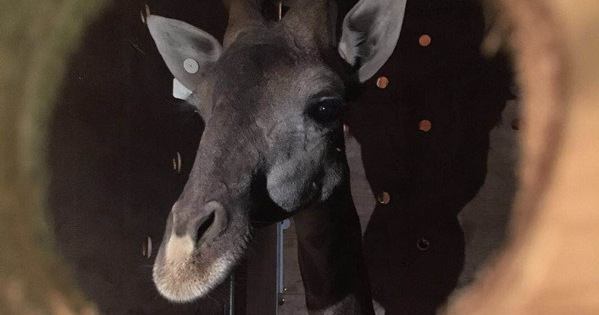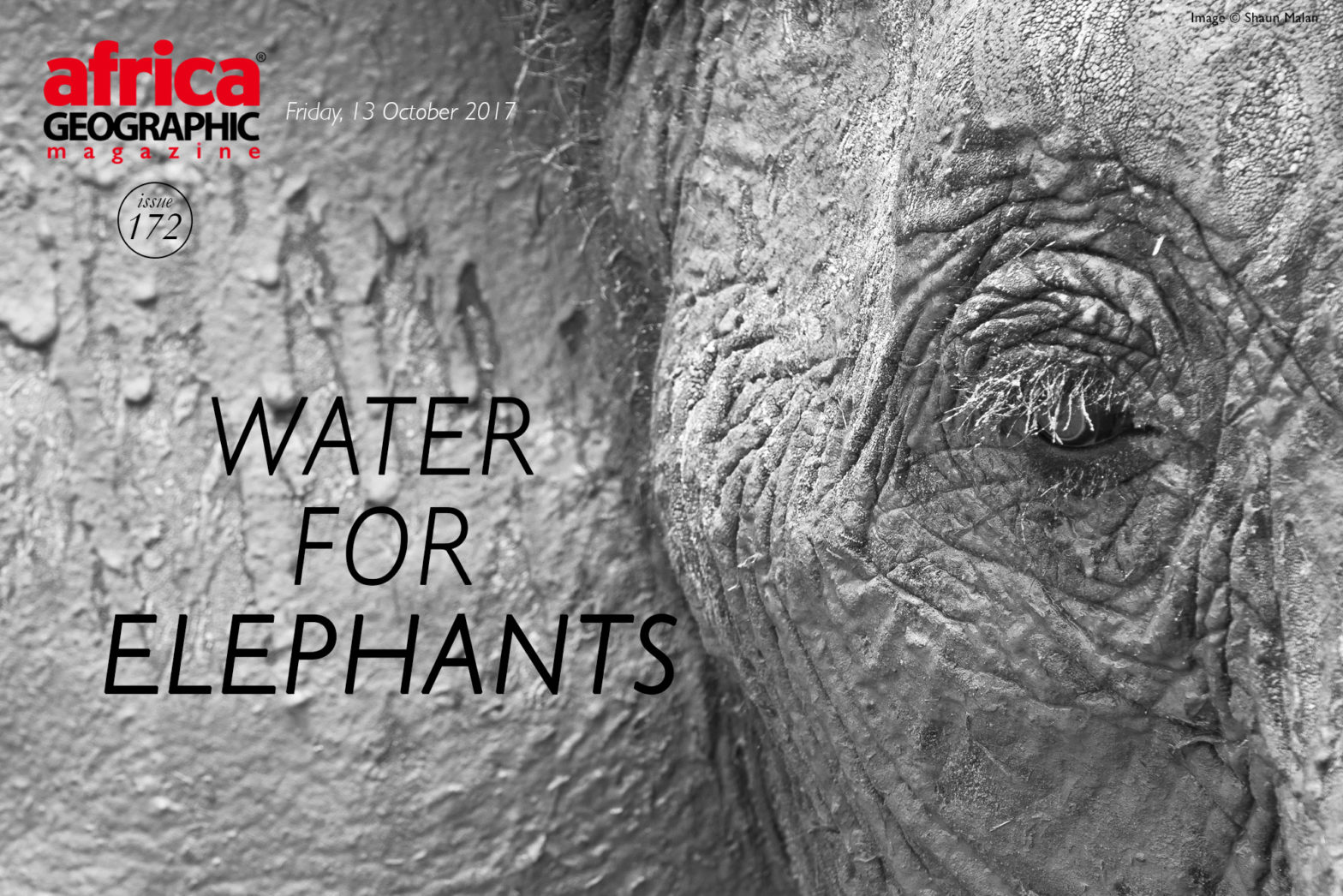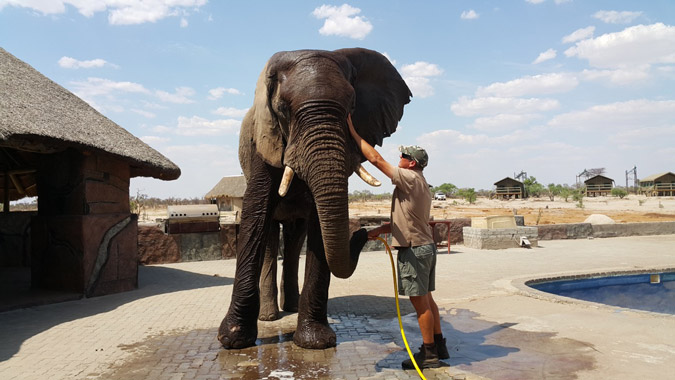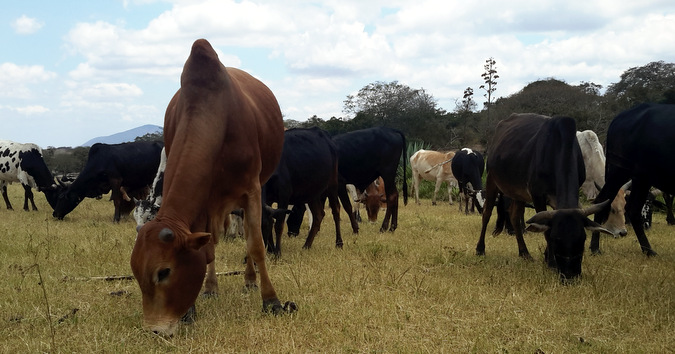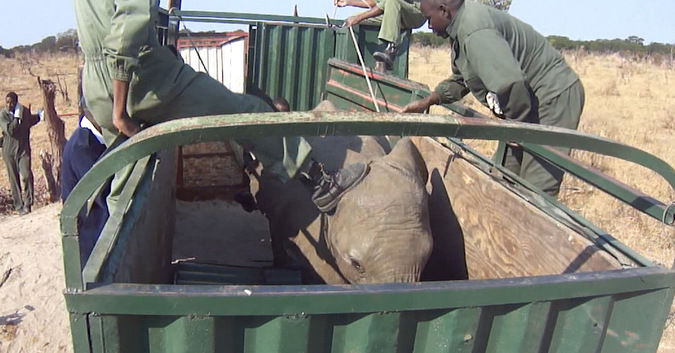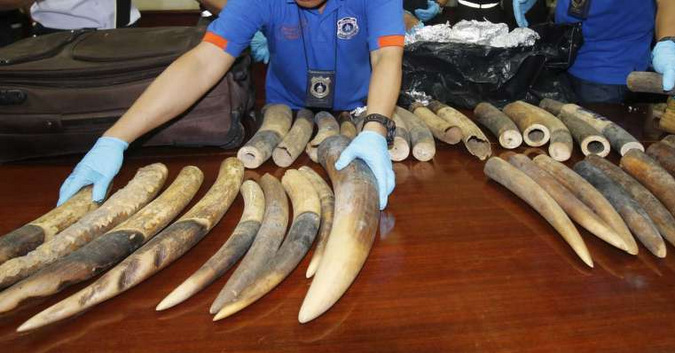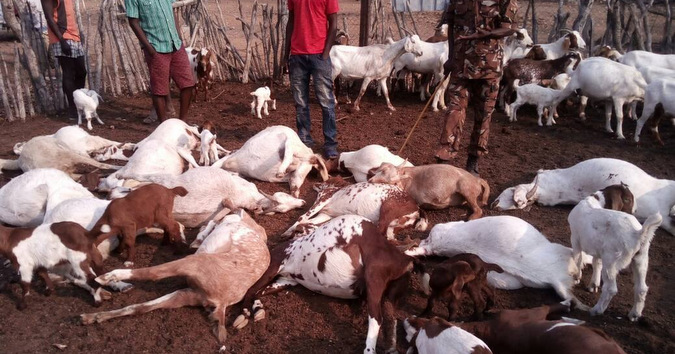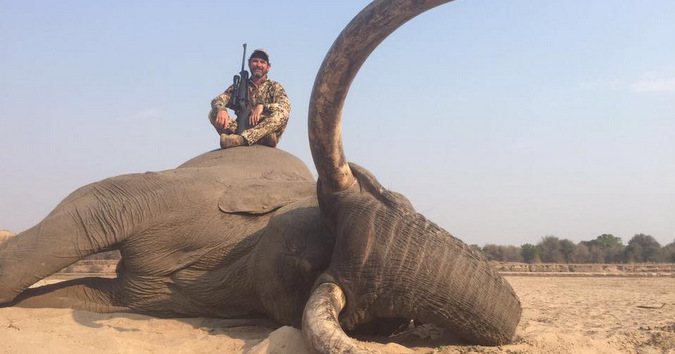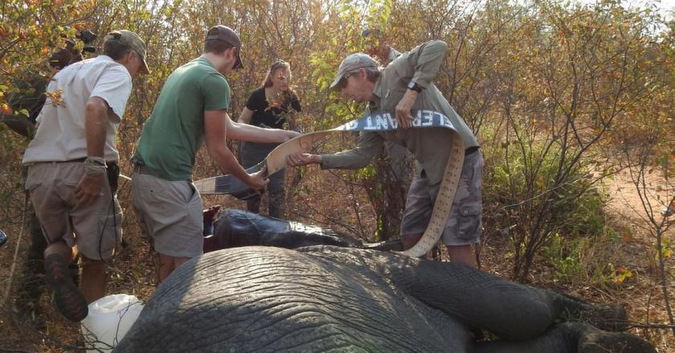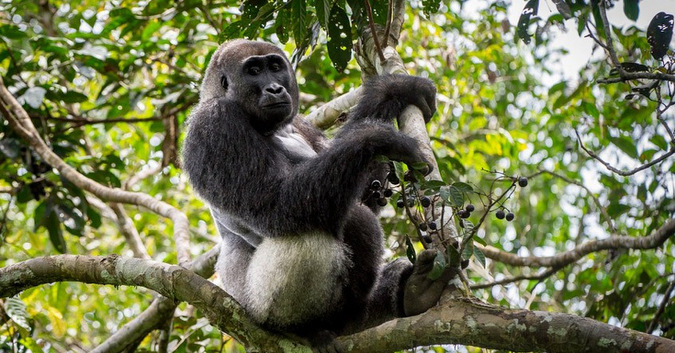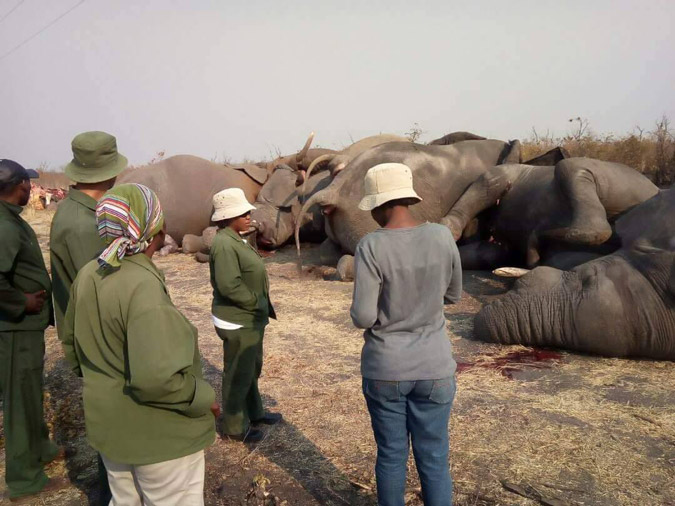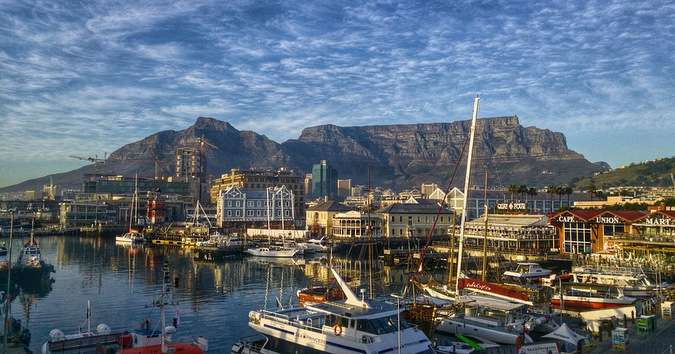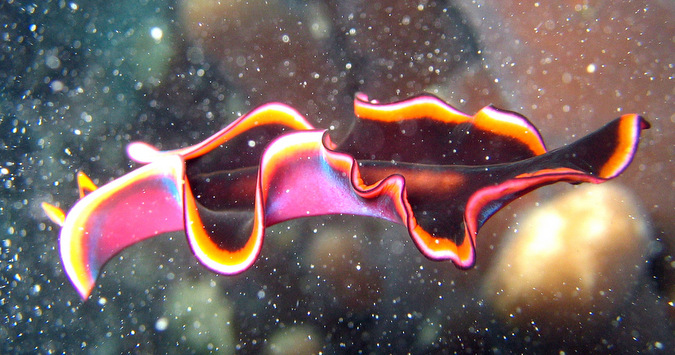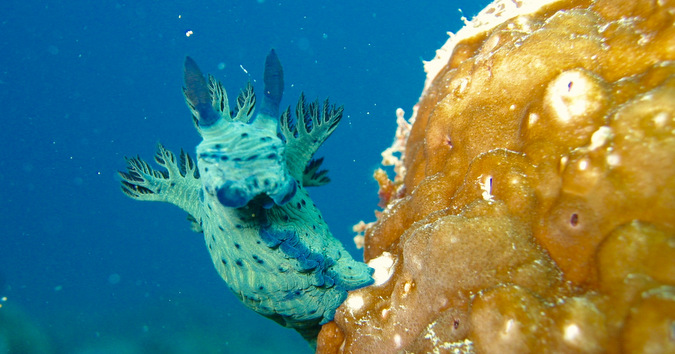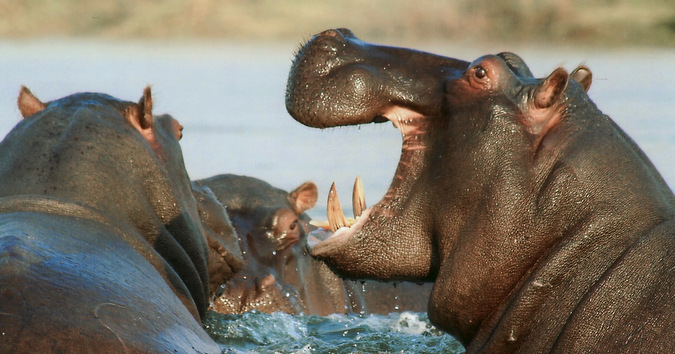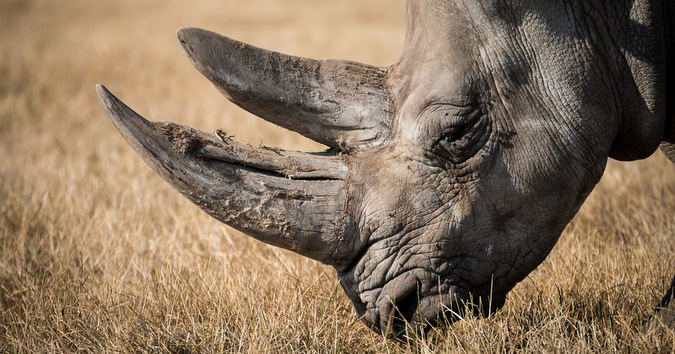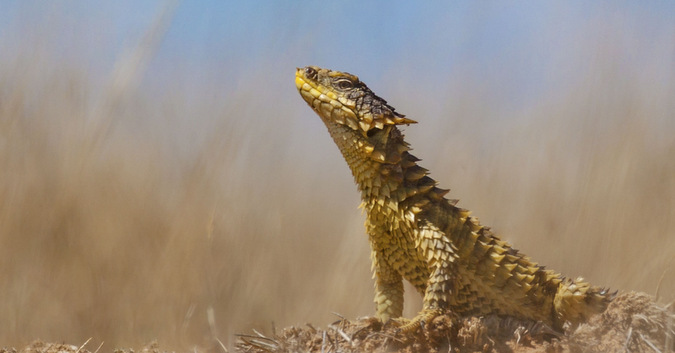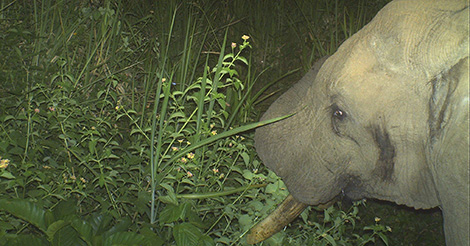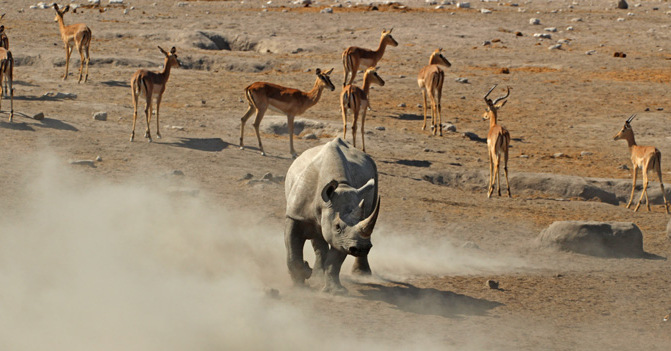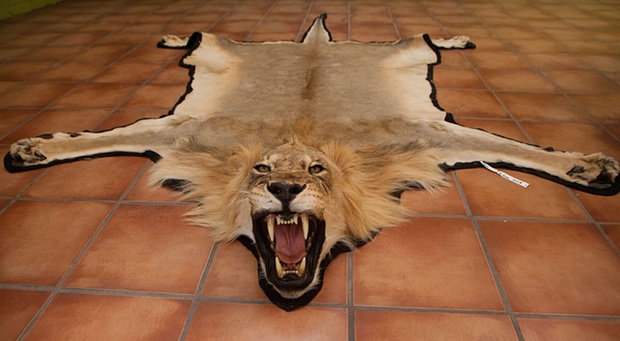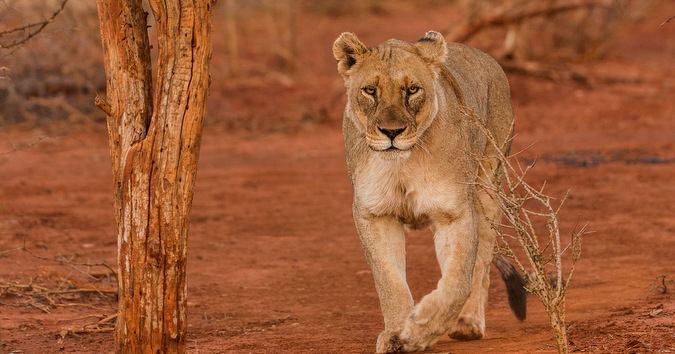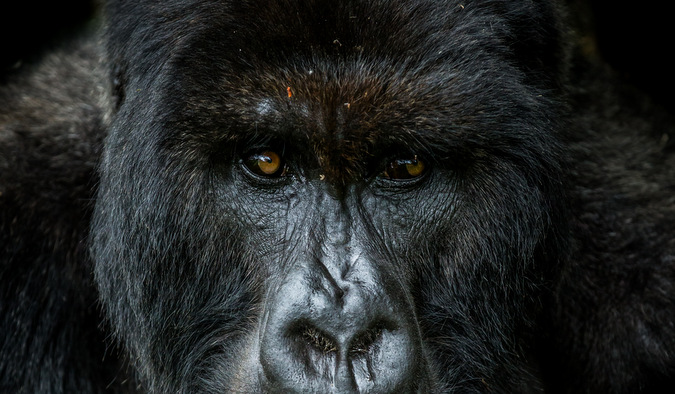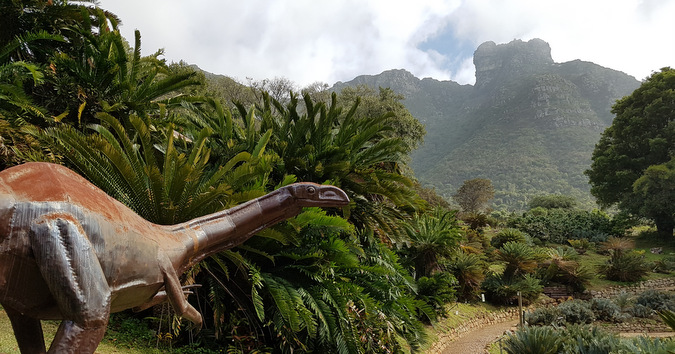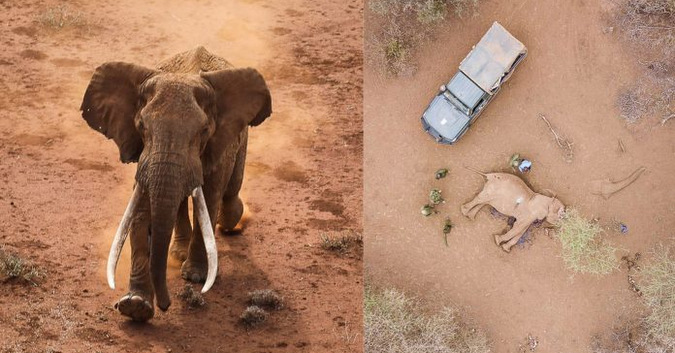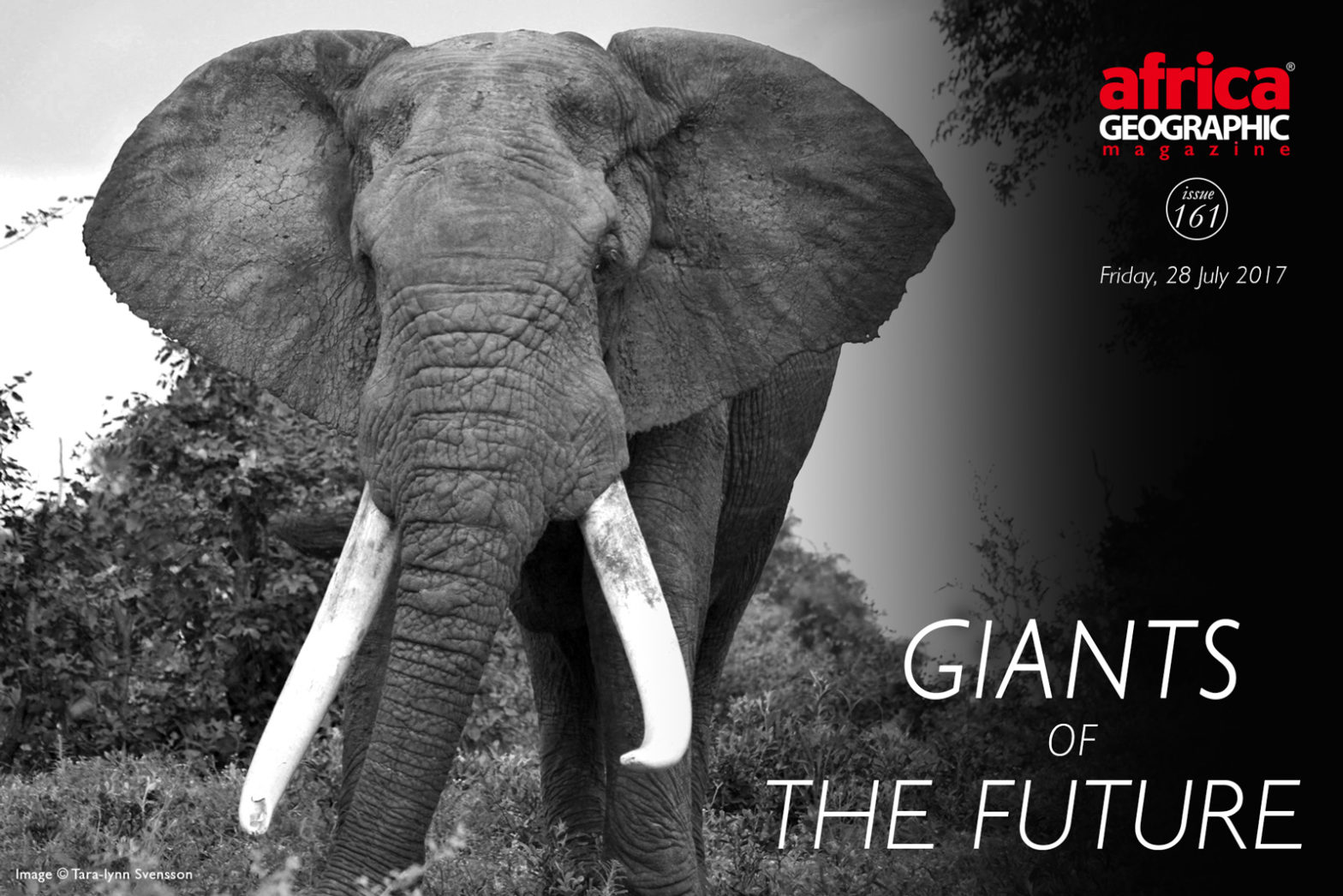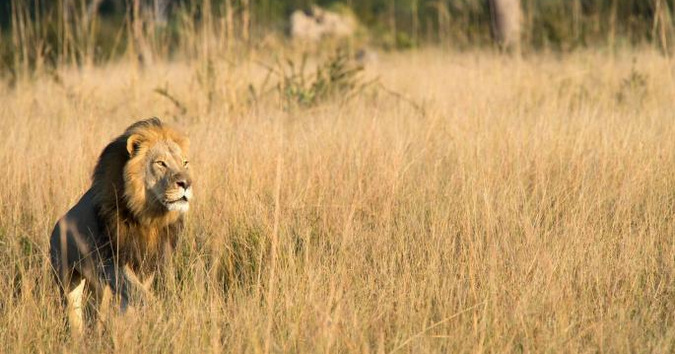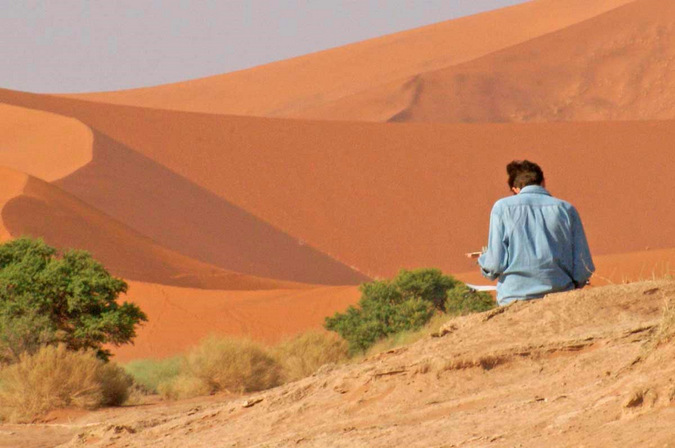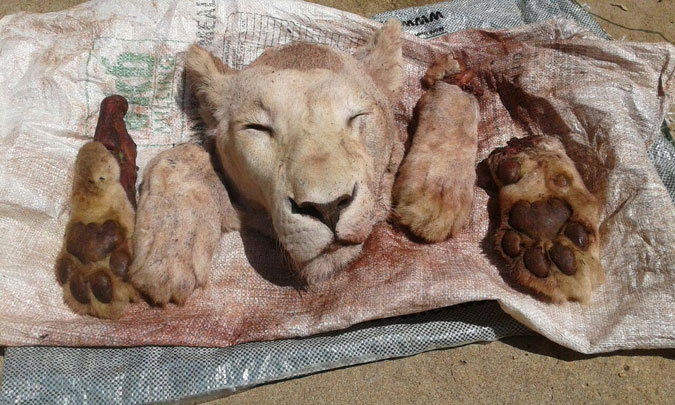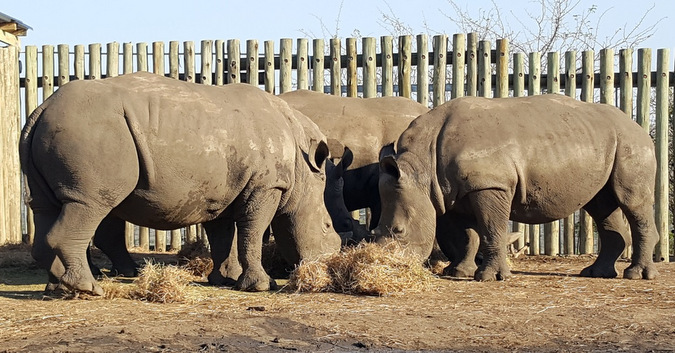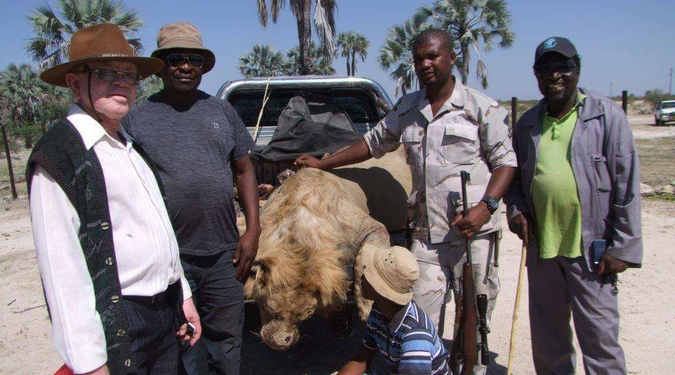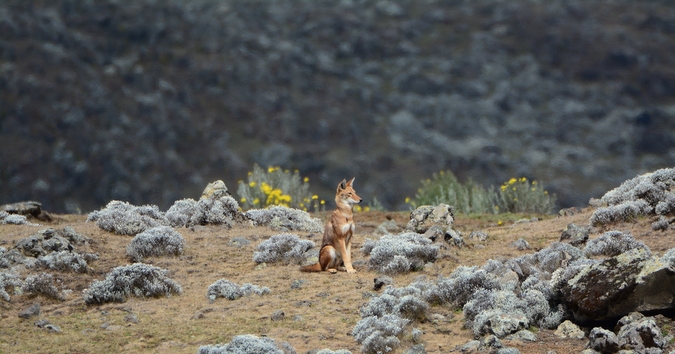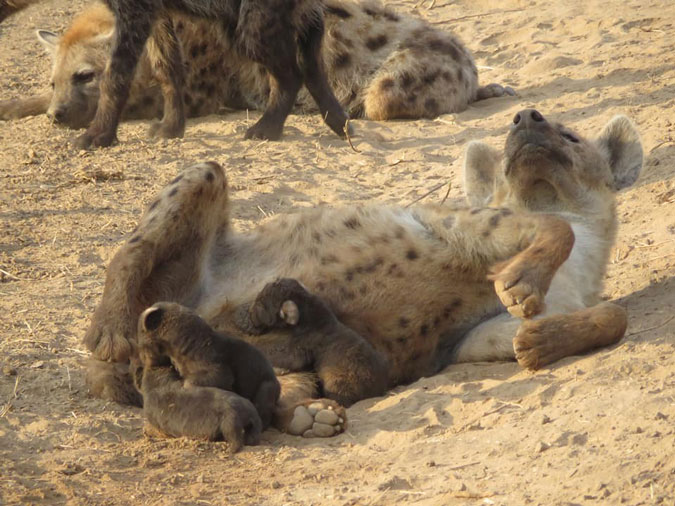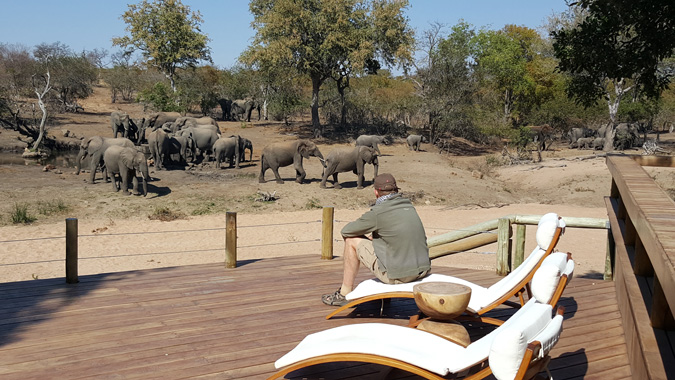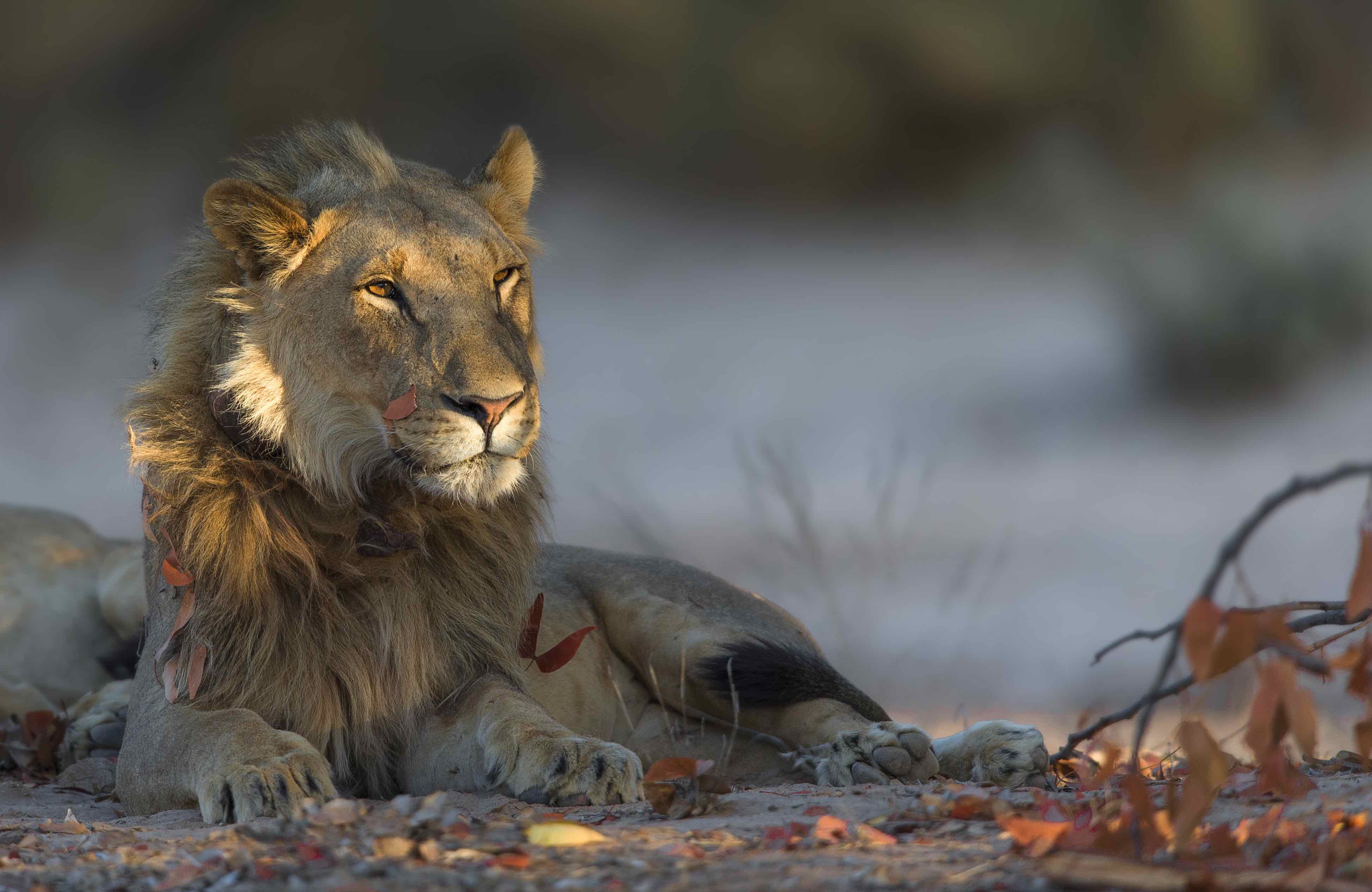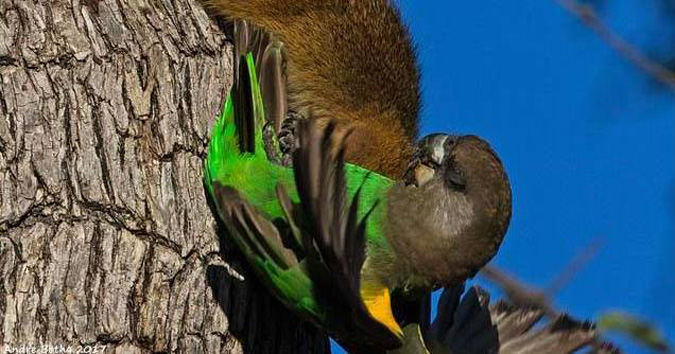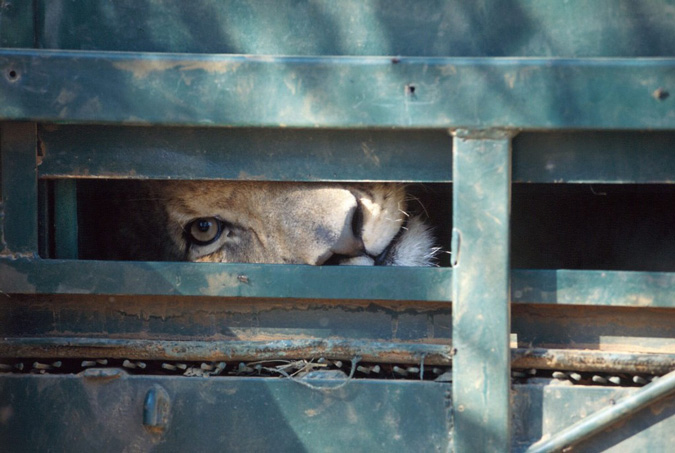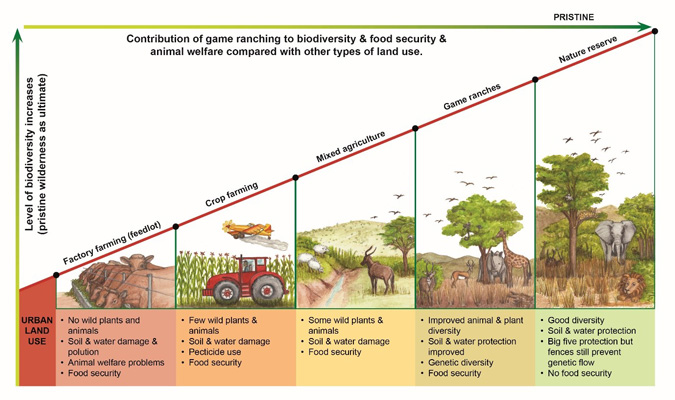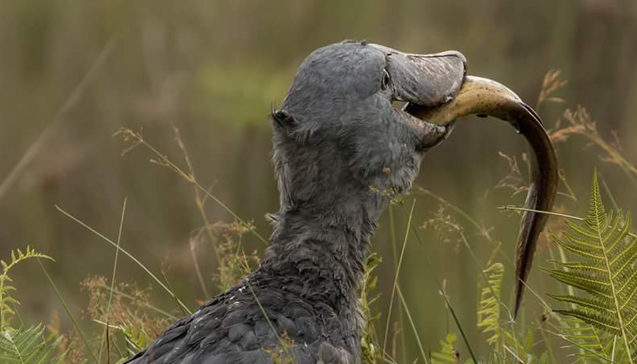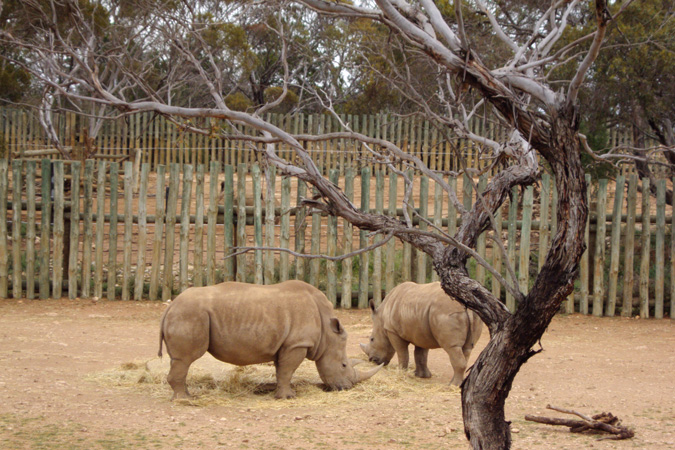Cheetah cubs continue to be sold on the UAE black market via social media accounts operated by five key dealers, helping fuel a thriving trade in illegal exotic pets.
Category Archives: Natural history
Video: Adorable sand cat kittens spotted for first time in wild
On a recent expedition to Morocco, Grégory Breton, director of Panthera France, captured stunning (and viral!) videos and photos believed to be the first-ever sighting of wild sand cat kittens in their African range.
66 Giraffes join thousands of other animals exported to China
Sixty-six giraffes arrived in central China’s Henan Province in the early hours of Sunday, on a chartered flight from Johannesburg, South Africa, according to local sources.
Water for Elephants
There is a crisis of elephantine proportions playing out in the dry sandy Kalahari woodlands of eastern Botswana, and a determined family of caring people is caught in the middle of the drama. A friend and I spent a few days with them in September this year and came away determined to help. I hope that …
Benny the elephant and Mike – a touching African story
When the dry season sets in and water is scarce, barriers blur and relationships are forged out of necessity. One such relationship is that of Benny the elephant and Mike the human.
Giant Kenyan elephant killed by authorities on suspicion of killing farmer
One of the last big elephant bulls in Africa was shot and killed by the authorities because it was suspected he had killed a farmer.
Opinion: Are Maasai cattle to blame for overgrazing in Tanzania?
Living with the Maasai has taught me that conservation is not only about animals but is just as much about us humans; that to preserve any one place we have to be mindful of the local communities that live within it and try to understand the way they view the world to be able to work alongside them to protect mother nature.
My ‘Delta Detox’ mobile safari experience
Safari report-back: My tented mobile safari in the Okavango Delta, Botswana – an adventure I will never forget. By Carolien du Plessis
Video: Young elephants kicked and slapped during capture for Chinese zoos
Rare footage of the capture of wild young elephants in Zimbabwe shows rough treatment of the calves as they are sedated and taken away.
Kruger: Impact of social media and mobile phones – good or bad?
Technology and social media have shaped the Kruger experience into something radically different from what it was ten years ago.
Laos: The fastest growing ivory market in the world
A new report has revealed that China’s neighbouring country, Laos, has now become the fastest growing African ivory market in the world.
Lions escape from Etosha, kill livestock
Lions from Etosha National Park in Namibia have reportedly escaped into the neighbouring Sesfontein Constituency and have managed to kill 19 goats in one night.
‘Iconic tusker’ shot by trophy hunters in Zambia
A large bull elephant, described as an ‘iconic tusker’ was trophy hunted in Zambia this weekend – the biggest elephant trophy in decades.
Understanding elephant movements across international borders
A transboundary elephant connectivity study has been launched in western Zambia with the fitting of satellite tracking collars to wild elephants to investigate their cross-border movements.
Elephant ivory and the Japanese hanko stamp
Hanko stamps are the Japanese version of a signature, used throughout Japan to sign deals and important documents, and are made out of a variety of materials, including elephant ivory.
Field notes: Western lowland gorillas feeding on seasonal fruits
Odzala-Kokoua National Park guide, Alon Cassidy, enjoyed some wonderful sightings of western lowland gorillas enjoying some seasonal treats.
9 Elephants die in freak electrocution accident
In a tragic accident, 9 elephants have died in a freak accident after being electrocuted by power lines near Sua Pan and a village called Dukwi in Botswana.
Cape Town + bush safari combos
How does one exactly combine Cape Town’s summer splendours with a wild Big 5 bushveld safari? We provide four fantastic summer/autumn combos!
Marine flatworms: The butterflies of the sea
Labelled the butterflies of the sea, we often ask ourselves why are marine flatworms so vibrantly coloured? Is it simply that they can be, therefore they are? Or is there a deeper significance?
The wonderful world of nudibranchs
Nudibranchs (the naked gills) are molluscs, the flamboyant snails of the ocean. Their colours and shapes are stunning, and their multiple forms elegant and striking.
Hippo teeth: Hong Kong trade threatens species in Africa
Hong Kong has always been regarded as the epicentre of the global wildlife trade. It appears however that this trade is not adequately controlled by authorities and may lead many species to the brink of extinction. Unfortunately, many news headlines announce illegal elephant ivory and rhino horn trade being processed through Hong Kong’s borders. Many …
Continue reading “Hippo teeth: Hong Kong trade threatens species in Africa”
Online rhino horn auction met with “disappointing” results
John Hume’s first three-day online rhino horn auction was met with “disappointing” results as there were fewer bidders than expected.
Dragon-like sungazer lizard in danger
Sungazer – it sounds like a cool name for a dragon, and even though these rare lizards look like the mighty dragons from “Game of Thrones”, the fire of their soul may be burned out permanently.
Killing crop-raiding elephants won’t solve problem, say scientists
One of African conservation’s most pressing issues is ensuring that elephants and humans can coexist peacefully in the same area
The rhino in the room: South Africa’s domestic trade in rhino horn
On the surface, the upcoming legal auction of rhino horn set to begin on August 21 might appear to be a harmless propaganda exercise, but it may in fact signal a deepening of the rhino crisis.
The BIG LIE about lion trophy hunting
The trophy hunting of Africa’s wild, free-roaming lions is not sustainable and has to stop – opinion piece by Simon Espley
Is Madikwe the best malaria-free Big 5 safari experience?
After a few days in Madikwe we had already seen cheetahs, lions, wild dogs, spotted & brown hyenas, rhinos & elephants. By Marc de Chalain
R.I.P Giraneza, the silverback gorilla
Giraneza the famous silverback gorilla is dead. We share images and a tribute from one of our Photographer of the Year entrants
Cycads need protection from poaching
Cycads are one of the most endangered species on this planet, it’s time we educate ourselves on how to save them from extinction.
Tsavo ‘Super Tusker’, Ndawe, dies after multiple spear wounds
Ndawe was the missing link, the proof that we were looking for. We were sure that elephants made the long journey between Tsavo and Amboseli, and he was the confirmation.
Kruger elephants: Giants of the Future
This is a citizen science project to assist Kruger National Park scientists to monitor populations of large-tusked elephants in the park
Trophy hunters lied about Xanda, son of Cecil, says Oxford researcher
The Zimbabwean trophy hunter who shot Cecil the Lion’s son, Xanda, was lying about the circumstances of the hunt, says the Oxford University researcher Andrew Loveridge from WildCru.
Cecil the Lion’s son Xanda killed by trophy hunter
Xanda, the 6-year-old son of Cecil the Lion, has been shot and killed by a client of Zimbabwean professional hunter Richard Cooke, a Victoria Falls resident. Xanda, in his prime years and the father of several young cubs, was killed just outside Hwange National Park, as was his famous father. Although the hunt was reportedly …
Continue reading “Cecil the Lion’s son Xanda killed by trophy hunter”
‘Shoot-to-kill’ policy for poachers, say Botswana academics
South Africa should implement a ‘shoot-to-kill’ policy for poachers, suggest Botswana academics Goemeone EJ Mogomotsi and Patricia Kelilwe Madigele in a report titled ‘Live by the gun, die by the gun’.
Materials for your art safari
Disasters involving art materials are nothing new to me after years of travelling and sketching in southern Africa.
Lion farmers in South Africa threaten big cats worldwide
South African lion farmers are supplying large volumes of lion bone, teeth and claws as ‘tiger parts’ to an insatiable Asian market – says a report recently published by the Environmental Investigation Agency. South Africa is the world’s largest exporter of lion body parts.
Undercover operation reveals rhino trafficking secrets
A recently completed 11-month undercover investigation by Elephant Action League (EAL) called Grinding Rhino has exposed the networks, the players and the means by which rhino horn is trafficked into China.
Why Namibia’s desert-adapted lions are being killed
Namibia’s desert-adapted lions in the Tomakas region of Namibia are being killed off in a sad whirlpool of human politics, with the recent killing of the last of the famous ‘5 Musketeers’ being one such example.
Watch: Cape leopards caught on camera
The Cape Leopard Trust has caught many wondering Cape leopards in their camera traps across the remote Cape mountains and farmlands
Trekking the beautiful Bale Mountains in Ethiopia
This was an amazing opportunity to visit Ethiopia’s most important biodiversity hotspot and see some of the rarest creatures in the world.
Hyena cub births: the good, the bad & the gory
Imagine the excitement when guests at Nsefu camp in South Luangwa, Zambia, were able to watch a spotted hyena giving birth.
Let’s boycott African tourism. Not
Some keyboard warriors regularly call for the boycott of an entire country’s tourism industry in reaction to the death of animals that could conceivably have been prevented.
R.I.P Tullamore – the last lion of the 5 Musketeers
Tullamore, the last of the famous ‘5 musketeers’ desert-adapted lions of northern Namibia, has been killed in the Okongue area, along with a lioness and two cubs, in the ongoing battle between rural cattle farmers and free-roaming lions. The lions were poisoned. Tullamore was the last surviving member of a group of 5 desert-adapted lions …
Continue reading “R.I.P Tullamore – the last lion of the 5 Musketeers”
ET the aardvark goes home
ET was found and brought to me at ZURI Orphanage in Namibia in August 2015. Small and alien-like in appearance, ET settled in quickly with life on the farm. We have a house full of cats and dogs but settling in an aardvark was a completely different experience. There is very little written about aardvark so we had to learn as we went along.
Titanic battle between squirrel and parrot
On the morning of the 30th May, I witnessed a tussle between one of the current occupants of the nest, a brown-headed parrot pair, and a tree squirrel which dared to venture too close to the nest.
Rhino horn trade: A considered justification
Rhinos throughout South Africa are being brutally killed for their horns. In this article I would like to focus on some of the positive contributions by the private sector and the trials and tribulations that they face in trying to keep rhinos safe.
Hunting body president resigns over canned lion dispute
The president of the Professional Hunting Association of South Africa [Phasa], Stan Burger, unexpectedly announced his resignation on Tuesday with immediate effect.
Private game reserves are vital for conservation
Without detracting from the wonderful and critical role that our national parks play in conservation we would like to take an opportunity to focus on the positive achievements of the private sector in this regard.
Mabamba Swamp: A bird-lovers paradise!
Mabamba Swamp is a bird-lovers dream destination. It is home to 260 bird species, including the massive shoebill – Uganda’s most sought-after bird!
Rhinos to Australia: is this conservation?
There are plans afoot to move rhinos from Africa to Australia as an ‘insurance policy’ and for ‘safekeeping’ in large grass paddocks amongst the gum trees. Is this a valid conservation project (as claimed) or a misdirection of energy and resources by a well-meaning Western society intent on privatising African conservation into their own backyard?

